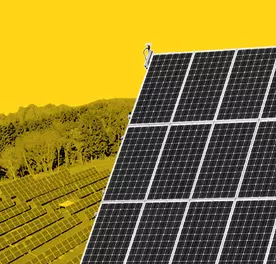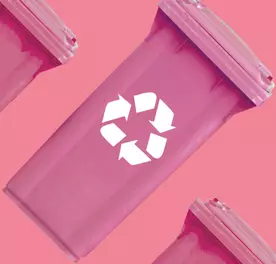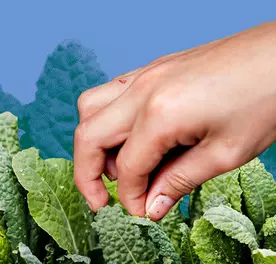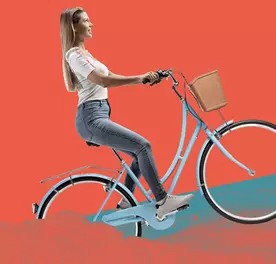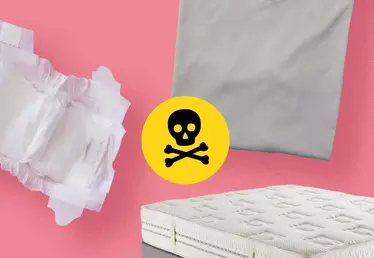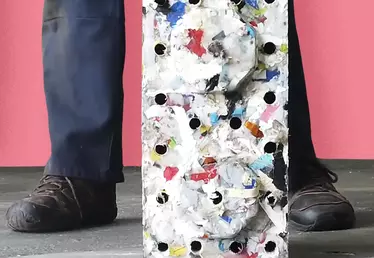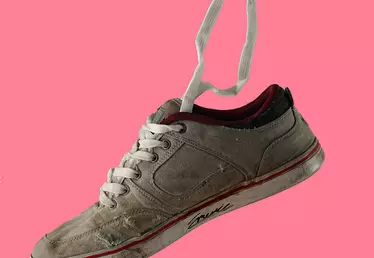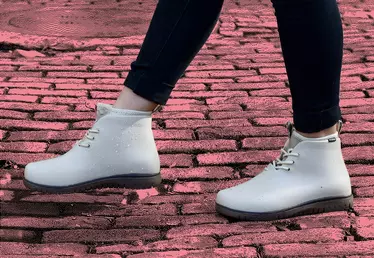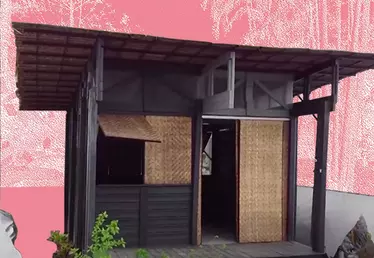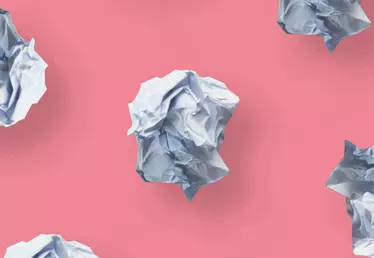
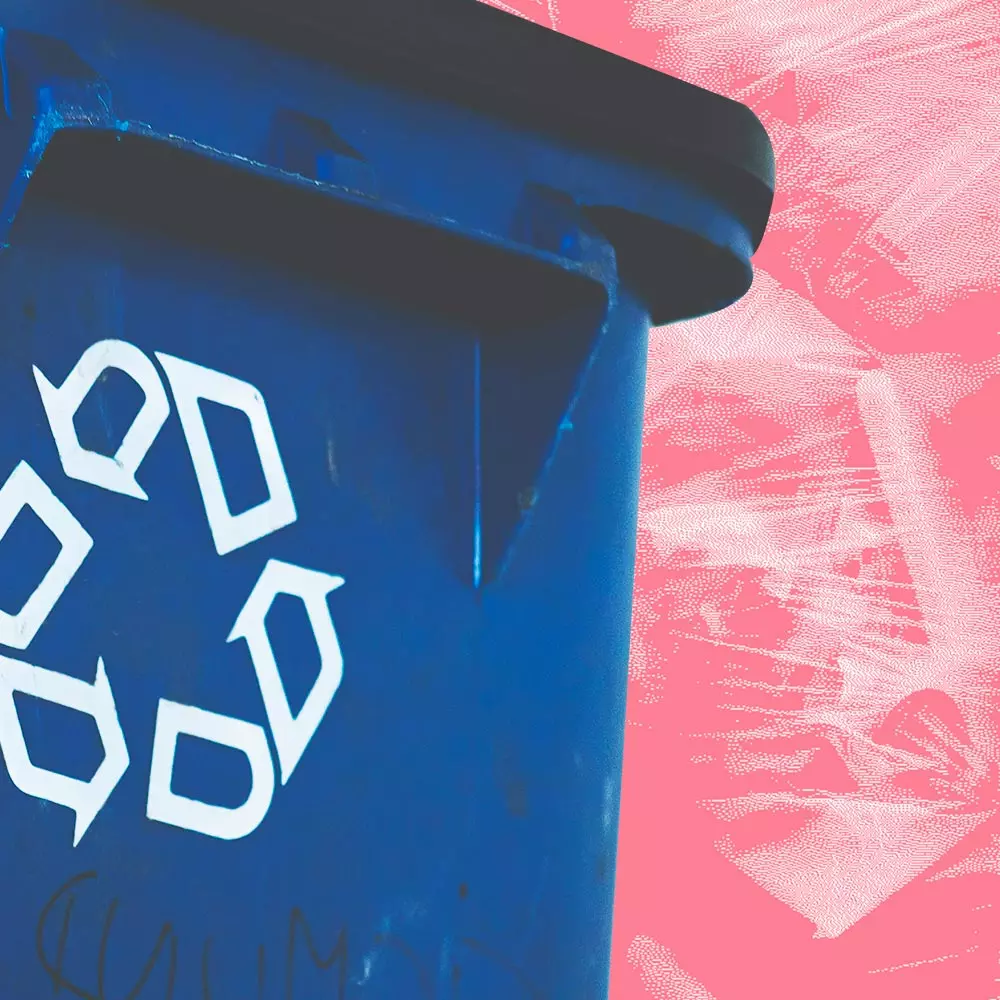
Hero banner custom title
Germany, a plastic recycling hub in Europe
4 min
Since China closed its borders to plastic waste imports, recycling plastics in Europe is a great opportunity - particularly for three facilities in Germany.
In July 2017, China announced it would block imports of certain types of waste, and particularly plastics, which it previously processed to make secondary raw materials. The Chinese government wants to prioritize recycling its own waste. With volumes increasing every year, this decision forces the global recycling industry to rethink its organization and find new outlets for plastic waste.
Although China's decision was initially seen as a major setback, it’s also a great opportunity for Europe’s recycling sector. As demonstrated by the Rostock and Bernburg facilities in Germany, where Veolia is expanding its plastic waste processing and recycling capabilities.
Thanks to investments over recent years and a favorable regulatory environment, Germany has become a hub for recycling materials from all over Europe. Very well equipped for recycling, the country is ready to take advantage of both China’s decision and the new national legislation on recycling packaging, which came into force on January 1, 2019. These regulations take plastic recycling goals from 36% to 63% by 2022.
One billion PET bottles recycled a year
Thanks to a low energy PET plastic (polyethylene terephthalate) recycling process at its plant in Rostock, northern Germany, Veolia gives used plastic bottles a second life in a "bottle-to-bottle" cycle. One billion bottles a year are recycled for further food use.
350 km away, in the center of the country, Veolia's two sites in Bernburg, Multiport and MultiPet, respectively recycle 38,500 metric tons of HDPE (high density polyethylene) and PP (polypropylene) plastic packaging and 40,000 metric tons of PET plastic bottles a year.
The Multiport plant won an award (in the Building & Construction Product of the Year category) during the 2019 edition of the Plastics Recycling Awards Europe for one of its products. It recycles plastic that replaces virgin polymers in industrial products, such as pipes or tanks. As for MultiPet, it produces PET flakes used in a wide range of different products: polyester fibers for the textile industry, plastic components for the automotive industry, and plastic film and bottles for the packaging industry.
The materials processed in Bernburg, two-thirds from household waste and the remaining third from industrial sources, come from all over Europe. It also recycles waste collected from Germany - through the national deposit system and household selective sorting - France, Belgium, the United Kingdom and many other countries.
It proves that recycling plastic in Europe is perfectly possible. For Veolia, the aim is to continue developing a circular economy in Germany and Europe - in particular by developing new recycling technologies.

